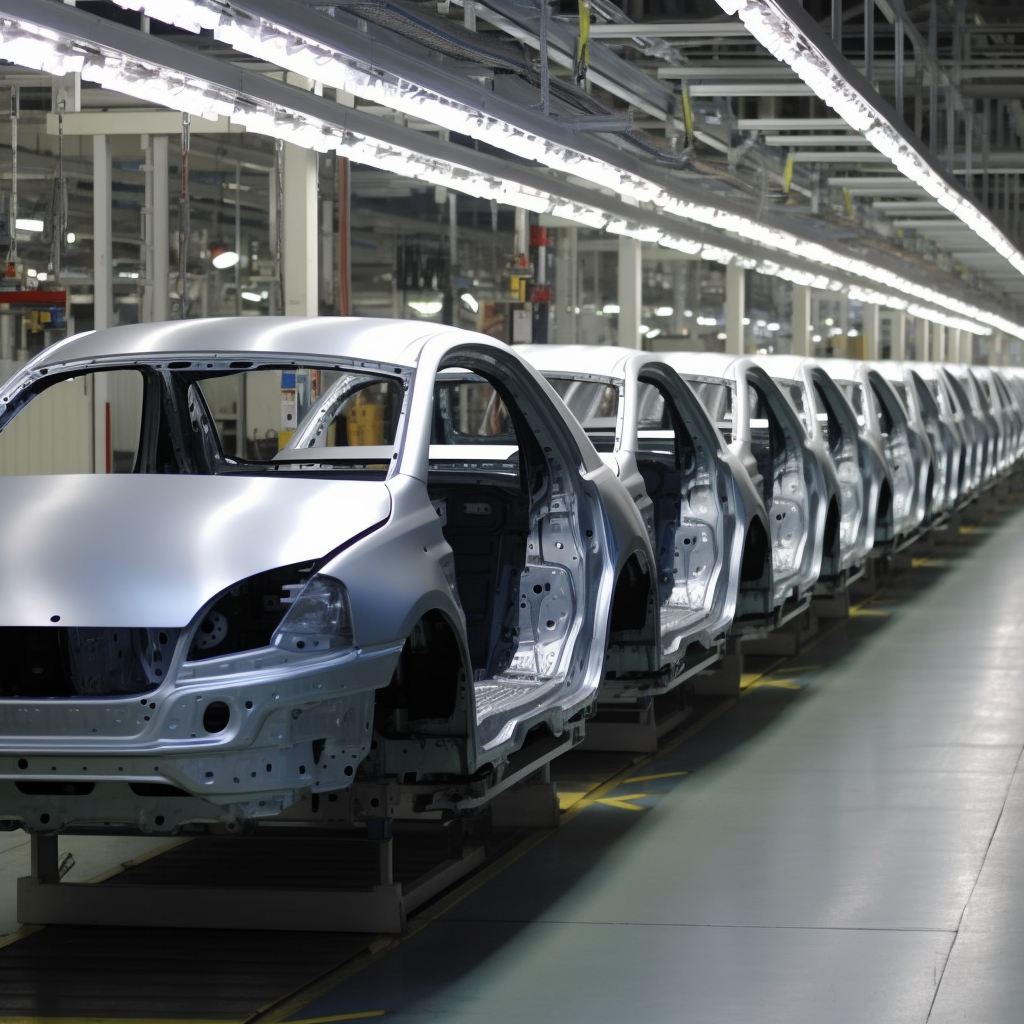July 11, 2024
How the Automotive Industry Can Lead Green Steel Production in Europe
Book a Demo
The automotive industry could potentially lead the market for low-carbon steel production in Europe, as per NGO Transport & Environment (T&E). This is conditional on lawmakers setting content requirements. Embracing green steel production could substantially reduce CO2 emissions from European car production by 6.9 Mt in 2030. This is equivalent to the emissions of 3.5 million fossil fuel cars, indicating a significant shift towards sustainability.
T&E proposes a definition for green steel. According to this definition, green steel’s climate impact should be 50-400 kg of CO2 equivalent per ton. This is a significant drop from 1,800-2,250kg CO2 equivalent for conventional steel, demonstrating the potential environmental benefits of this transition.
The impact on the industry and consumers is also worth considering. If the industry switches to 40% green steel, it would increase the price of an electric vehicle by $61 in 2030, but this would drop to $8 by 2040 due to CO2 pricing and falling green steel production costs. Considering the long-term view, the economic impact seems manageable, especially when weighed against the environmental benefits.
T&E suggests a phased approach to this transition. They recommend that at least 40% of steel in new cars should be green by 2030. This should then increase to 75% by 2035, reaching 100% by 2040. They propose the introduction of these targets via the EU End-of-life Vehicles (ELV) regulation.
Green steel, which is made with green hydrogen and electric arc furnaces or from scrap, could significantly reduce CO2 emissions from car production in Europe. The automotive sector, which currently consumes 17% of the EU’s steel, is in a prime position to drive the demand for low-carbon steel.
Looking to the future, by 2030, Europe could produce up to 172 Mt of low-carbon steel each year. This would exceed the automotive sector’s demand, which stood at 36 Mt in 2022. A shift to light weighting will further decrease steel use in the car sector. This suggests a promising future for the industry, with green steel production potentially surpassing demand and contributing to a more sustainable automotive sector.
Science4Data is committed to cut through greenwashing and measure real impact. Join the journey to a sustainable future. Your actions matter.



